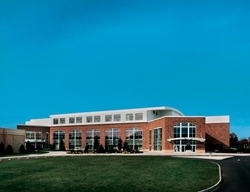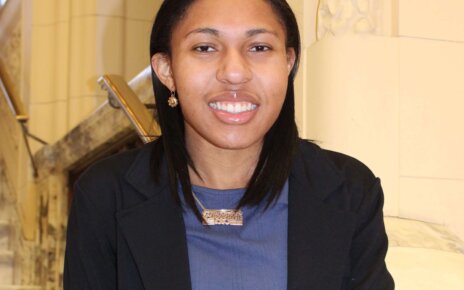Here at Monmouth, it’s important to develop a working relationship with your professor in order to stay on top of assignments and make the semester in their class a pleasant one. Monmouth is full of knowledgeable people who are experts on the topics they teach, but one cannot escape the curiosity of how they came to such an academically prestigious profession.
“Most professors never left academia,” said Kevin Rooney, an adjunct professor of history. What he says is true: many professors have spent their lives studying to become teachers, and as such have never left a school environment. Receiving a PhD is no easy feat, and requires years of work to achieve.
“I’m a bit of an anomaly,” said Rooney, “I always had an interest in history, but at a critical stage, I chose to go to law school for financial reasons.” Rather than go through years of schooling to get his doctorate, Rooney chose to pursue a career as a lawyer and start a family. He was a lawyer for 25 years, but then retired in 2007, and decided to pursue his passion.
“I just didn’t feel like being a lawyer any more, and once I had reached a financially secure level, and all my kids were off to college, I decided to become a professor,” continues Rooney.
The desire to pursue one’s passions, especially if revisiting them after many years, can be an important resource on the long road to become a professor. Like anything, becoming a professor takes time and is easier when you’re passionate about it. Some professors decide to simply pursue education from the very start.
All educators, regardless of position, need a love of teaching to succeed at the career. Besides tenured professors, there are adjunct professors, which are hired supplementary to the main staff. So if a professor is adjunct, how do they spend the rest of their time?
“In addition to teaching here at Monmouth, I also teach sixth grade language arts,” says Danielle Sansevere, an adjunct professor of English. “I just love teaching English. I enjoy the split between little kids who can fall in love with reading, and having interesting discussion with college students.”
Sansevere has been teaching for 13 years, and managed to find her way to Monmouth five years ago. Despite the apparent dichotomy between learning at the middle school level and the college level, Sansevere manages to bridge the two together with her love of teaching.
Now, many professors either choose careers or just study to become teachers from the start, and figure out their personal lives in between. Not many find their way back to school after they leave it, but for Professor David Tietge, an associate professor of English, taking a year off of school was the beginning of his road to becoming a professor.
“I was a real mediocre student in high school,” said Tietge. “I took a year off after senior year, and found some work in a warehouse.” Dirt poor and not going anywhere, Tietge eventually realized what he wanted to go to college for. “After a lot of soul-searching, I decided to go back to school. I really loved the college environment, and I knew I wanted to be a professor.” English was a natural direction for him to take, as “Reading and writing seemed empowering to me.”
As the highest form of educators, being a professor is a big responsibility that takes a lot of time to achieve. Commitment to teaching is a necessity, for the professor will be directly influencing the student’s life with each course they teach. At the college level, students are learning for their careers, so professors are relied on to help guide them to new levels of intelligence.
Not everyone begins their college experience knowing what they’ll end up as, just like not all of the professors here knew they would end up teaching at Monmouth University. But through the decisions we make and the paths we choose, we end up in the place we are meant to be. And for all we know, there could be a fair amount of future professors here at Monmouth, waiting to discover the universal love of teaching.
IMAGE TAKEN from onlineuniversites-weblog.com




